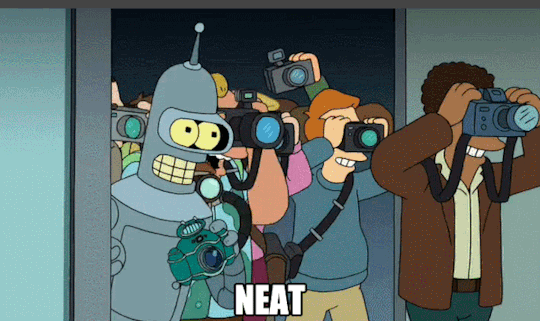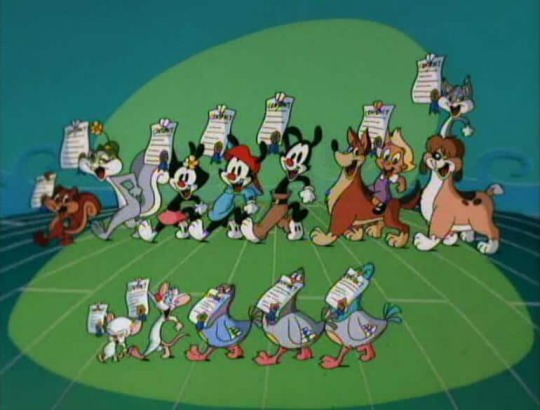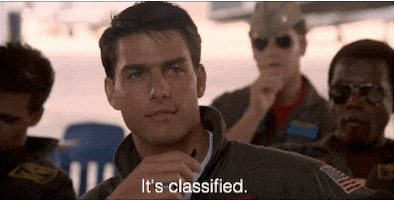I had two related questions today on keeping things quiet in the industry, so I thought I would answer them together.
Devolver Digital left a comment under the “Return to Monkey Island” trailer saying, “You’ll have no idea how hard it was to keep this secret for two years.” It made me wonder, what are the precautions to keep secrets in the gaming industry, particularly when dealing with license games where people outside of the game developer/publisher are ncessarily (sic) involved with production?
Is it really necessary for studios to have “code names” for projects? What is the point?

It’s important to note that the reason for secrecy is primarily for marketing purposes. We want to keep a big project quiet until we’re ready to show it and get players excited for it. If our product is tied in with another product or IP with a big planned push at some point in the future, tipping our hand too early can lead to a cascading set of reveals we or our business partners were unready to make. For example, revealing a new mainline Pokemon game too early would spill the beans on an entire new pokemon generation, which would affect merchandise, animated series, and so on. As a result, we usually put in safeguards to prevent such leaks from happening, both punitive and practical.

The first major safeguard is just the boilerplate Non-Disclosure Agreement. We all know that revealing things too early costs money and time - it hurts the effectiveness of the company’s marketing campaigns, so all employees must sign NDAs where they promise to protect the company’s trade secrets under penalty of being held liable for any damage their loose lips may cause. I can talk about the design principles in abstract, but I can’t talk about the specifics of the game I’m working on. Everybody who goes into the office has to sign an NDA, even visitors and family members.

There are other practices put into place to protect against this beyond the NDA catch-all. Project code names are pretty standard operating procedure just so developers don’t accidentally spill the beans in public settings or to coworkers who aren’t yet read in, like when discussing work topics over lunch in a public space. At one point, before the announcement of the PS4 and XBone, my studio had to use code names for those console versions of the games in order to keep even internal developers not on those teams in the dark about what was going on. This was not because our publisher/employer did not trust us, but because Sony and Microsoft were legally covering themselves and requiring this compliance from my employer.

Beyond this, it’s also possible that the project itself can change over time. Just because the final result is a Monkey Island game doesn’t mean the project initially started out that way. It might have been another game idea entirely that had the Monkey Island IP brought on later in the development process. The project still needs a name, even if all of the details aren’t yet set in stone. That’s where code names come in.
[Join us on Discord] and/or [Support us on Patreon]
The FANTa Project is being rebooted. [What is the FANTa project?]
Got a burning question you want answered?
- Short questions: Ask a Game Dev on Twitter
- Long questions: Ask a Game Dev on Tumblr
- Frequent Questions: The FAQ